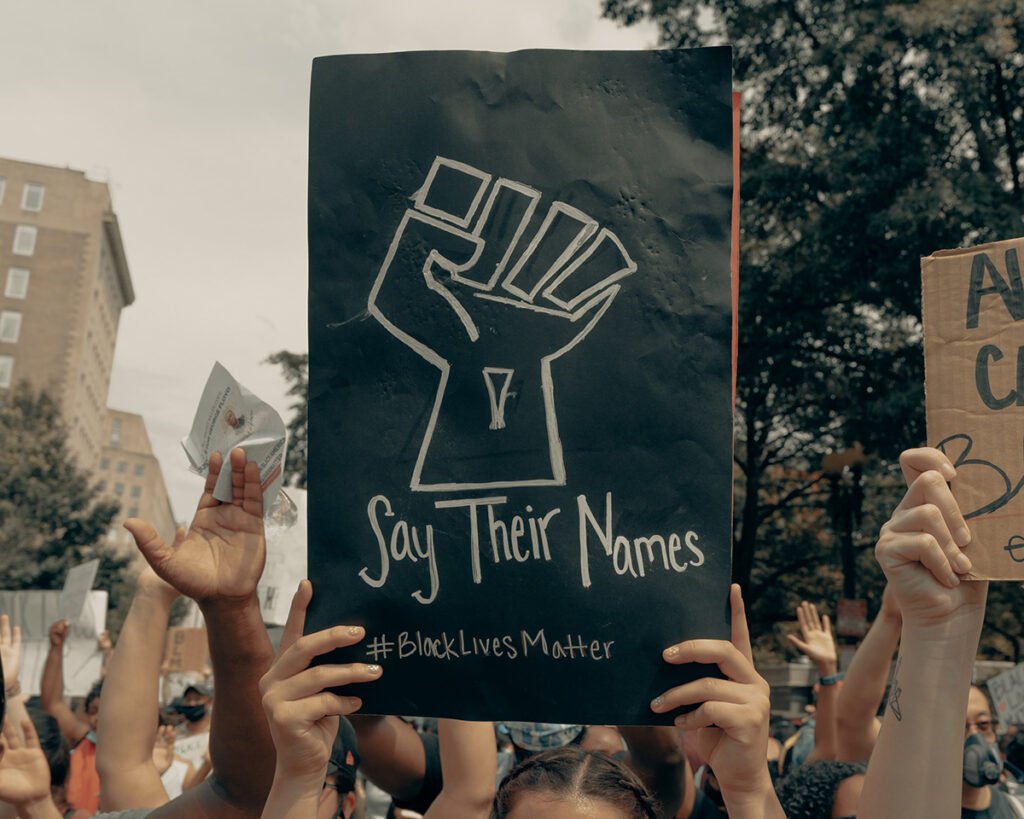By Sarah J. Jackson
It is clear in news coverage of recent uprisings for Black life that journalists and media organizations struggle to reconcile the fact of ongoing racism with narratives of U.S. progress. Bound up in this struggle is how collective memory—or rather whose collective memory—shapes the practices of news-making. Here I interrogate how television news shapes collective memory of Black activism through analysis of a unique moment when protests over police abuse of Black people became newsworthy simultaneous with widespread commemorations of the civil rights movement. I detail the complex terrain of nostalgia and misremembering that provides cover for moderate and conservative delegitimization of contemporary Black activism. At the same time, counter-memories, introduced most often by members of the Black public sphere, offer alternative, actionable, and comprehensive interpretations of Black protest.
United States, Communication, Culture and Critique. 2021, 20pg


